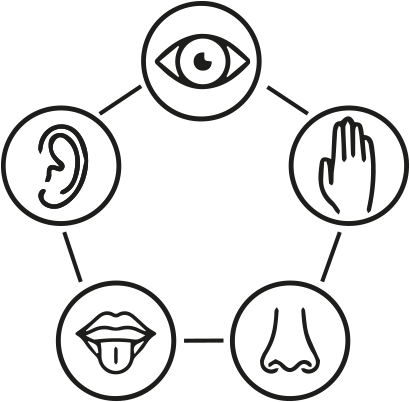Museum of Memory
| Museum of Memory
By Emilie Sitzia At Maastricht University |
| Intended learning outcomes (more on programme level)
Offers perspective on types of museums and the variety of content they can offer. This fits into the BA Arts and Culture as well as MA Arts and Heritage. |
Learning objectives (course specific)
|
| Objective statement (course description) |
| Type of course
Content course |
| Target group
University students |
| Teaching method
Senses-based learning, problem-based learning |
| Activities
Warm-up:
Memories of the Museum
|
| Assessment of learning |
| Additional biblio sources
Craik, F. I., & Lockhart, R. S. (1972). Levels of processing: A framework for memory research. Journal of verbal learning and verbal behavior, 11(6), 671-684. Gardner, R. C. (1985). Social Psychology and Second Language Learning: The Role of Attitudes and Motivation. London: Edward Arnold. Harris, A. (2021). A sensory education (p. 208). Taylor & Francis. Petty, G., (2004), Teaching Today Practical approach, 3rd Ed., London: Nelson Thornes. Dewey, J. (1899). The school and society: Being three lectures. University of Chicago Press. Kolb, David. (1984). Experiential Learning: Experience As The Source Of Learning And Development. Piaget, J. (1929). The child’s conception of the world. London: Kegan Paul, Trench & Trubner. Hein, G. (1998). Learning in the Museum. London, UK: Routledge. |
